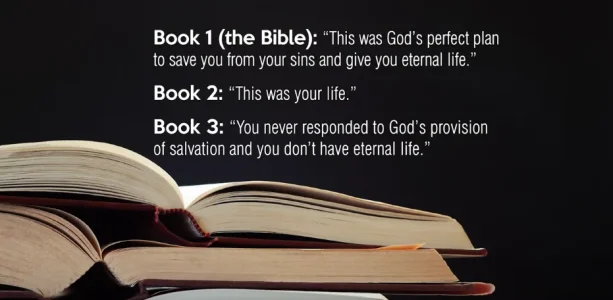There are no such examples of what one would consider an orthodox trinitarian in the first century. This means that trinitarianism didn't exist. The best guess about when your cult finally got around to figuring everything out is the the late 4th century at the council of Nicaea and Constantinople. That's when you all decided Jesus is your god and the Holy Spirit as well. You seem you want to wine to me about history. How about you hit the books and get educated.
You said: "There are no such examples of what one would consider an orthodox trinitarian in the first century."
Sure there are. You can wine all you want about trinitarians not existing but every author of the New Testament believed in the concept, even though they didn't call it that.
John said that the Word was with God and He was God and All things came into being through Him and He became flesh.
John knew that the Father, and the Son and the Holy Spirit were each God and together they were God.
The wise men from the east knew that the little boy Jesus was God. When they saw Him, they fell to the ground and worshiped Him. They came to worship Him and to offer Him extremely expensive gifts. They knew that ONLY God should be worshiped.
All the inhabitants of heaven knew that Jesus was God; The 4 living creatures and the 24 elders fell down before the Lamb and worshiped Him. Then multiplied millions of angels joined them in worship of Jesus. Only God should be worshiped.
Then every created thing in heaven and on the earth and under the earth and on the sea, and all things in them worshiped the Father and the Son, Jesus, with EQUAL WORSHIP and the 24 elders once again fell down and worshiped them.
All 12 apostles knew that Jesus was God because they worshiped Him (Mt. 14:33). They knew that the Father, the Son, and the Holy Spirit were each God and together they were God. Only God can be worshiped.
Mary Magdalene and the other Mary knew that Jesus was God because they worshiped Him. Mat. 28:9 Jesus did NOT rebuke them for worshiping Him, which He would have, if He was not God. The 2 Mary's knew that the Father and the Son and the Holy Spirit were God individually and together. Only God should be worshiped.
A blind man who Jesus healed believed He was God, because he too worshiped Him. John 9:38
The author of Hebrews believed the trinity concept. He told us that even God the Father, called Jesus His Son - God. He also informed us that God the Father directed all the angels to worship Jesus. He knew that the Father, the Son, and the Holy Spirit were each God, and together they were God.
Jesus Himself spoke of the trinity concept. "I (Jesus) will ask the Father, and He will give you another Helper ... that is the Spirit of truth." John 14:16-17 In the next verse, Jesus equates Himself with the Holy Spirit saying: "I will not leave you as orphans; I will come to you." Then in verse 23, Jesus equates Himself with both the Father and the Holy Spirit: "... and My Father will love him, and WE will come to him and make OUR abode with him." (in the form of the Holy Spirit)
" ... baptizing them in the name of the Father and the Son and the Holy Spirit." Mat. 28:19 Notice Jesus refers to ONE NAME here.
Paul believed in the trinity concept: "The grace of the Lord Jesus Christ, and the love of God, and the fellowship of the Holy Spirit, be with you all." 2 Cor. 13:14
Also see Romans 8:9
"Now there are varieties of gifts, but the same Spirit (the Holy Spirit). And there are varieties of ministries, and the same Lord (Jesus the Son). There are varieties of effects, but the same God (the Father).
Matthew believed in the trinity concept: "he saw the Spirit of God descending as a dove and lighting on Him (Jesus), and behold, a voice out of the heavens said, 'This is My (the Father's) beloved Son, in whom I am well pleased."
You have to be willfully blind to not see the concept of the trinity in the New Testament.
How about you hit the BIBLE and GET EDUCATED?

